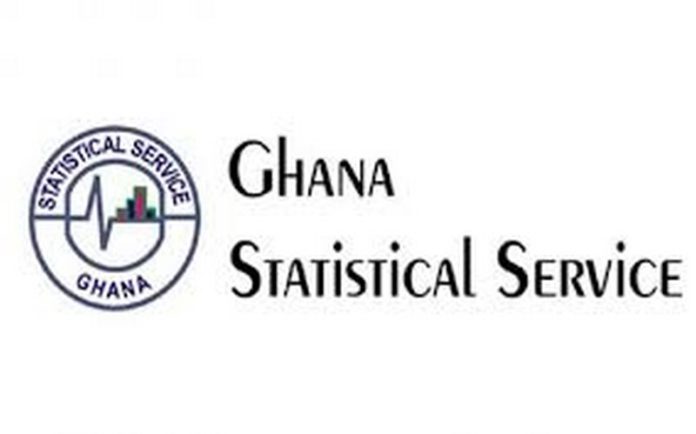A report by the Ghana Statistical Service (GSS) titled Covid-19 households and job tracker survey 2021 shows that households continue to record reductions in incomes post Covid-19.
The Service’s study sampled a total of 7,999 households across the country.
In its ‘Wave 3, Covid-19 Households and Jobs tracker’, the Service revealed that more Ghanaians experienced a reduction in their income levels, hence had to feed in varying ways.
The report further noted that income levels of most families have still not improved compared to pre-Covid-19.
According to the report, the most affected households were those who relied on non-farm family businesses.
In the report, 70% of the respondents had their income reduced by more than half, while 30% said theirs have remained at the same level.
Despite the reduction in incomes of the respondents, they also stated that they had experienced hikes in food prices.
About 73.4% indicated that they experienced an increase in the price of major food items.
Although the survey attributed this to an average Ghanaian’s experience, it indicated that regions categorised within the Savannah Zone, namely, Northern, North East, Upper West, Upper East and Savannah regions, were the worst affected by food insecurity.
It added that 51% of the respondents in the Savannah Zone expressed worry about not having enough food, 54.1% were unable to eat healthy and preferred foods, while 49% of them had to skip a meal.
According to the study, the average family spent about GH¢12 of their income on COVID-19 personal protective equipment.
Most of them had to look for alternatives such as borrowing to cushion themselves and support their households.
The report outlined some strategies the various households had to adopt to survive.
From January to October 2021, 43% of families relied on savings, 42.9% reduced food consumption, 35% received assistance from families, 18% borrowed from families, and 15% sold assets.
Meanwhile, the survey said Covid-19 was not the main reason for most of the respondents’ joblessness at the study time.
The findings also revealed that it was difficult for people to get tested for the virus, and many persons had not been tested.
Below is the full report:

